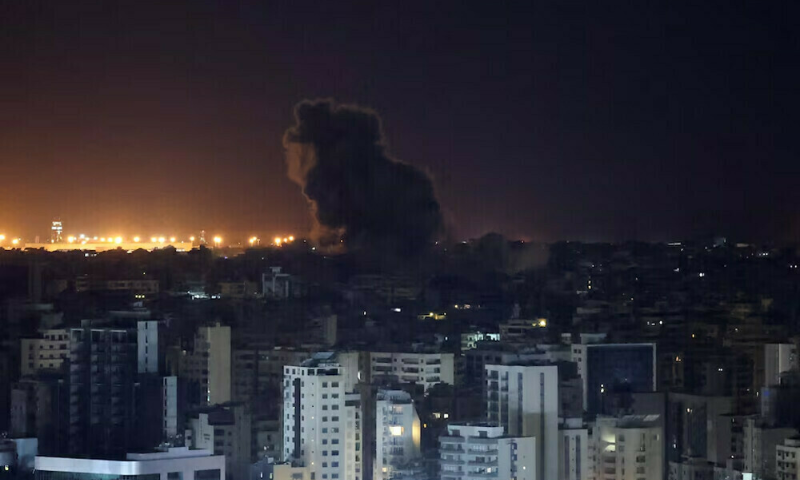TEHRAN: Iran has prepared a plan to respond to any potential Israeli attack following Tehran’s retaliatory missile strike against it last week, local media reported on Sunday.
“The plan for the necessary response to a possible action by the Zionists (Israel) has been fully prepared,” Tasnim news agency said, quoting “an informed source” in the armed forces.
This development follows Tuesday’s missile strike, in which the Islamic Revolutionary Guard Corps (IRGC) fired 200 missiles at Israeli targets. Iran’s retaliatory missile barrage came after the killing of Hezbollah leader Hassan Nasrallah and Hamas chief Ismail Haniyeh, heightening tensions between the two adversaries.
The missile barrage, described by Iranian officials as a significant show of force, marked Iran’s second direct military strike against Israel. It came after an Israeli air raid killed Hezbollah leader Hassan Nasrallah and senior IRGC general Abbas Nilforoushan in Beirut. The strike was also in response to the killing of Palestinian group Hamas leader Ismail Haniyeh in Tehran in late July, an attack widely attributed to Israeli forces.
The Iranian response highlighted its capacity to retaliate, with Tasnim stating, “We can level to the ground any place it desires.” The source warned that should Israel initiate further attacks, an Iranian counterstrike would be swift and decisive.
Meanwhile, Iranian Oil Minister Mohsen Paknejad made a high-profile visit to the Kharg Island oil facilities on Sunday. Kharg Island is the primary hub for Iran’s crude oil exports, and the visit came amid growing concerns over possible Israeli strikes on the nation’s oil infrastructure.
Israel’s threats to target vital Iranian sites have caused international alarm, with US President Joe Biden advising Israel against such actions.
Speaking to state television, Paknejad downplayed fears of an imminent crisis, calling his visit a routine business trip. However, his meeting with senior IRGC naval officials in the region underscored the strategic importance of ensuring the security of Iran’s oil platforms. He commended the Revolutionary Guards for their “continuous efforts” in safeguarding these critical assets.
Tensions further escalated after Israel announced it was “preparing a response” to the missile attack launched by Iran earlier in the week. Iranian Foreign Minister Abbas Araghchi warned on Saturday of a “proportional and similar reaction” if Israel were to strike Iran.
Araghchi vowed that Iran’s retaliation would not only match the severity of any Israeli assault but could be even stronger.
International observers are increasingly concerned that this confrontation between Israel and Iran could spiral into a broader regional conflict, threatening stability in the Middle East and impacting global oil markets.
Following the Israeli threats and rising tensions, oil prices surged last week, prompting further diplomatic efforts to defuse the situation.
US President Joe Biden has been actively involved in discussions with Israel, warning on Friday against targeting Iranian oil facilities. While Biden acknowledged Israel’s concerns, he urged the country to seek “other alternatives” to military strikes.























